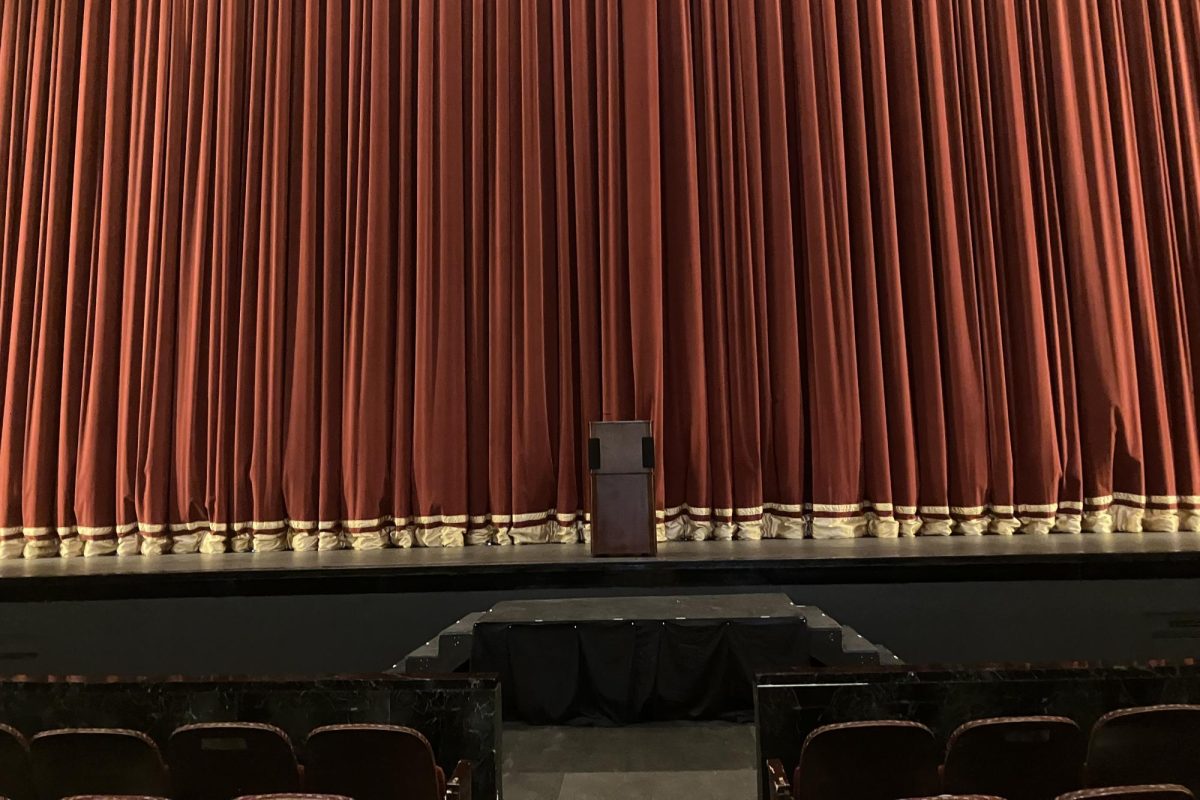On the second floor of the Family Court of St. Louis County building in Clayton, MO, a lone woman sits behind a large glass window of the Juvenile Detention Center. She speaks to visitors every day through a small, black speaker in the window and buzzes them through to the admissions office.
This particular juvenile detention center is where minors ages 16 and under are detained for committing a crime.
“We’re like the kid jail,” Ken Locke, on-duty supervisor, said.
In some states 17-year-olds can still qualify to be charged as minors, but in Missouri, people 17 and older are charged as adults.
According to Locke, if the crime occurred when the offender was 16, they would probably come to the Family Court building. If they were 17, then they would go to jail.
People under 17 who commit serious crimes can be charged as adults if they get certified by a judge in a certification trial, which means the minor will be tried as an adult in court for the crime they committed.
“Our typical population is probably 50-70, but our last count was around 19 or 20. It has never been this low,” Elizabeth Powell, girls’ unit leader, said.
Some residents do not have the money for essential everyday items before they come to the juvenile detention center, so they make a desperate mistake that results in ending up in detention.
“You get hooked up with the wrong person and you end up here,” Powell said. “Most of the kids have been here before, but when you get someone who has never been here before and they’re a basket case, they’ll cry themselves to sleep.”
According to Efren Gonzalez, program specialist, the facility’s job is to help make it clear to the kids that the future is good, and show what is available to them.
“Our job is to figure out what it is that is keeping them from being what they can,” Gonzalez said. “But sometimes it’s impossible to get them back where they need to be.”
65,000 minors are incarcerated in juvenile correctional facilities every day.
85 percent of minors incarcerated in the juvenile correction facilities are male.
50-75 percent of minors that spent time in juvenile detention are incarcerated again.








